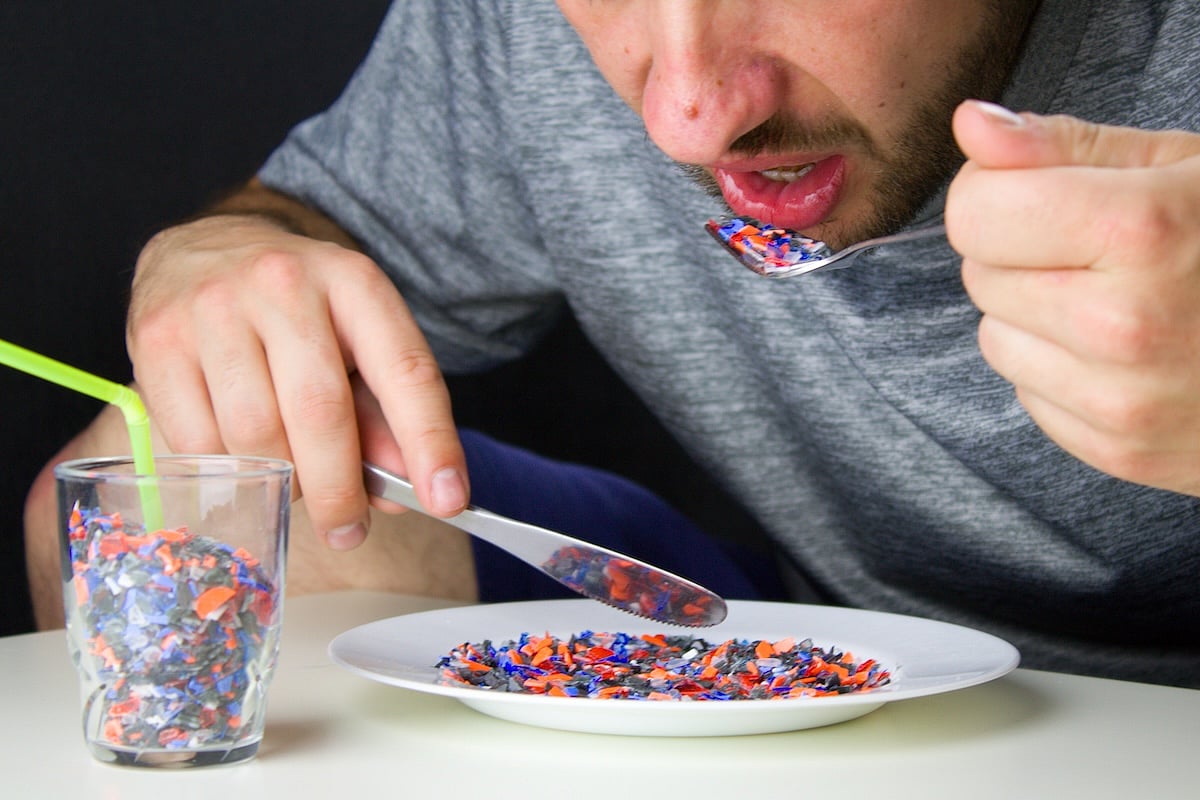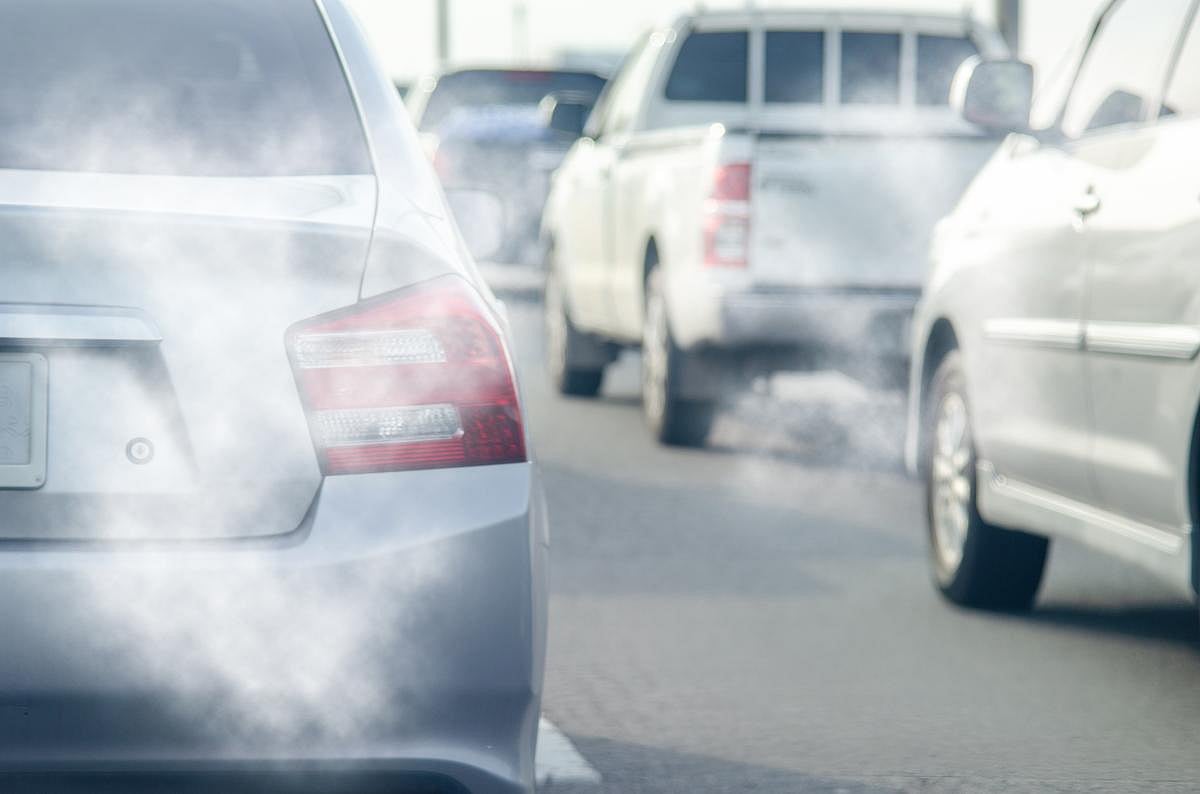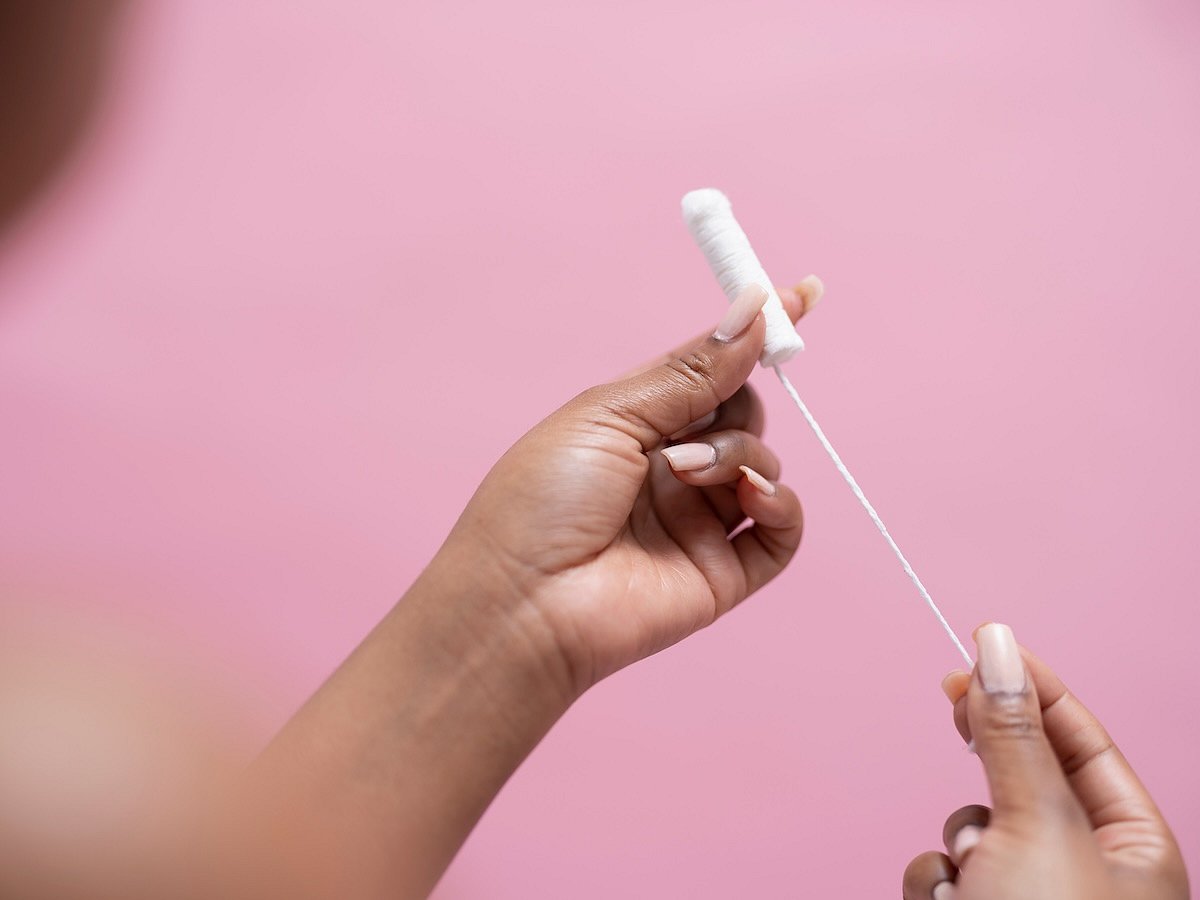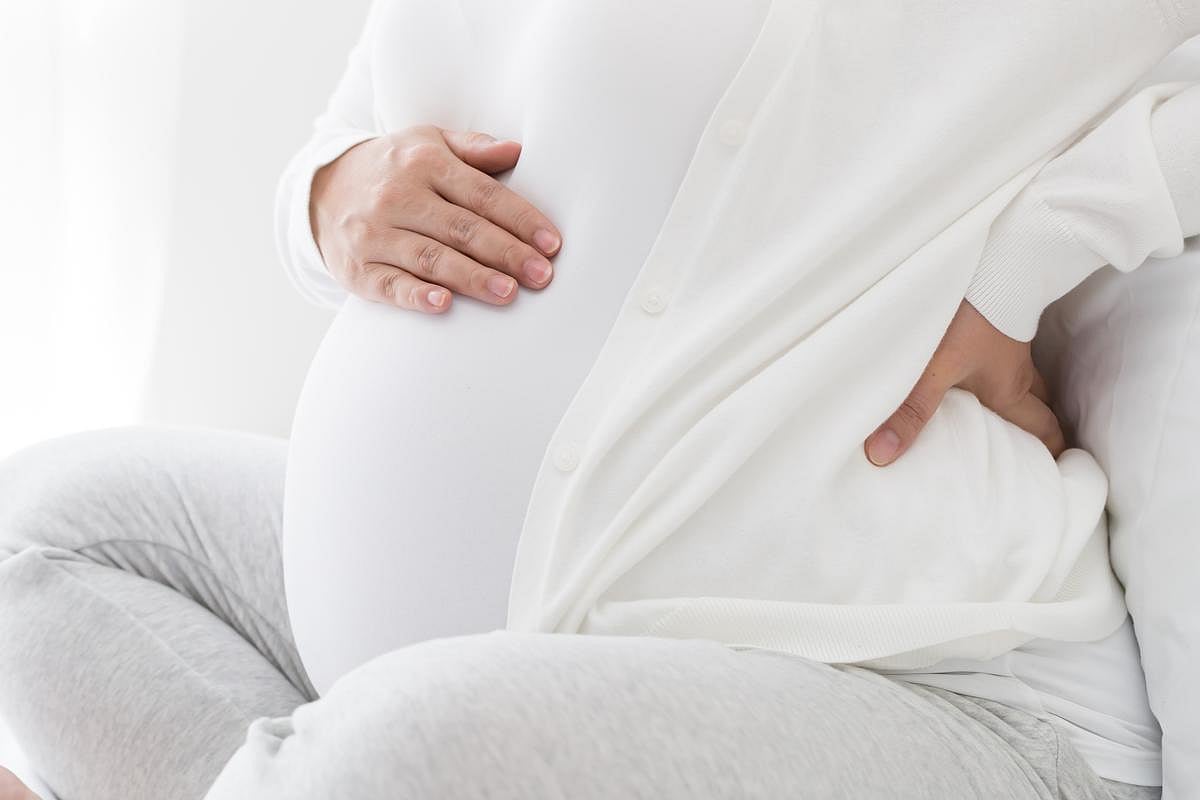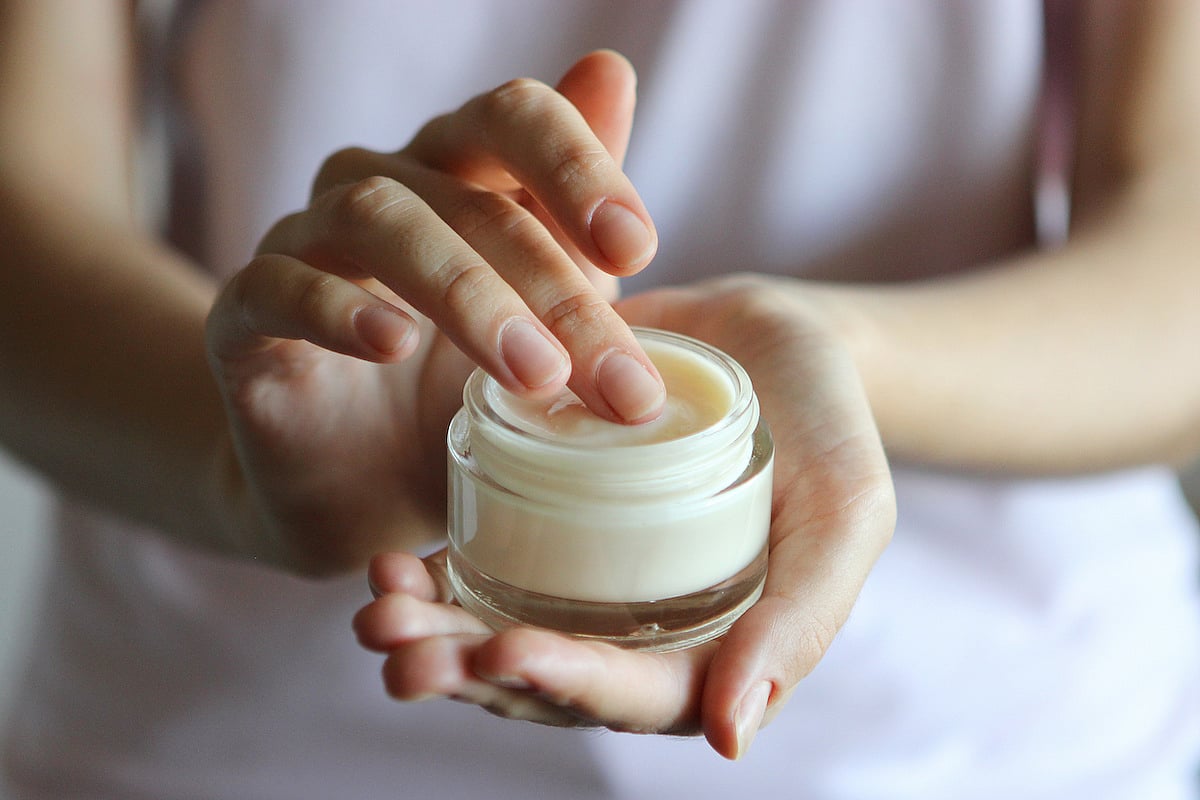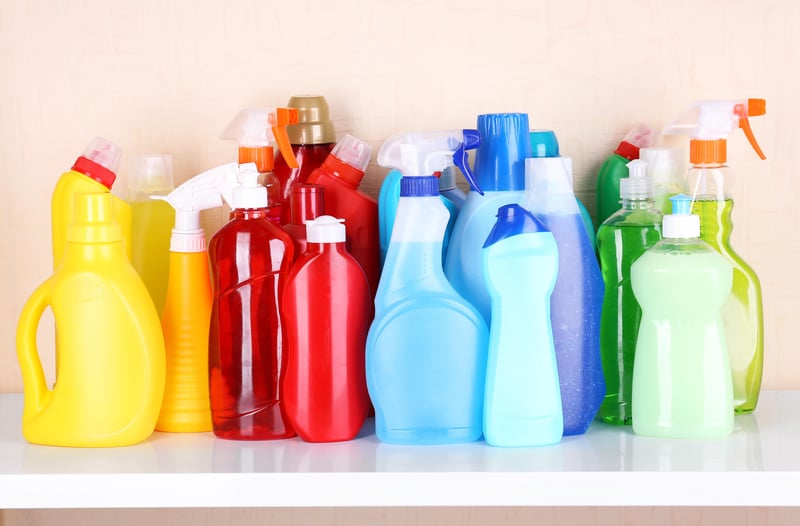Manténgase sano!
Resultados de su búsqueda "Chemicals".
Videos de salud - 5
Resultados de noticias de salud - 93
The U.S. Food and Drug Administration (FDA) has again missed a deadline to propose a ban on chemicals in hair-straightening products that may pose a serious cancer risk.
Its target date for the proposed rule on formaldehyde was Dec. 31. No action has yet been taken.
An FDA spokesperson said the rule is still in the works.
“FDA's proposed rule, 'Use of Formaldehyde and Fo...
- I. Edwards HealthDay Reporter
- |
- January 8, 2026
- |
- Página completa
Talc-based makeup and powders will not go through new asbestos testing requirements after the U.S. Food and Drug Administration (FDA) chose to pull back a proposed rule last week.
The decision surprised health advocates, who have pushed for stronger oversight because asbestos is a dangerous contaminant that can appear in talc and is linked to deadly cancers.
The agency says it plans...
- I. Edwards HealthDay Reporter
- |
- December 1, 2025
- |
- Página completa
A melanoma cluster found in the heart of Pennsylvania farm country has highlighted potential links between agriculture and skin cancer.
Adults 50 and older living in a 15-county stretch of south-central Pennsylvania were 57% more likely to develop melanoma than people living elsewhere in the state, r...
- Dennis Thompson HealthDay Reporter
- |
- November 18, 2025
- |
- Página completa
Long-term exposure to a chemical used in metal degreasing and dry cleaning might increase the risk of Parkinson’s disease, a new study says.
Seniors living in places with the highest airborne levels of trichloroethylene showed a 10% higher risk for Par...
- Dennis Thompson HealthDay Reporter
- |
- October 2, 2025
- |
- Página completa
Every time you reach for a nonstick pan, you could be using chemicals that are now on the chopping block in the state of California.
Lawmakers have approved a bill to phase out PFAS — also called “forever chemicals” — in cookware, cleaning products, dental floss, ski wax, food packaging and certain children’s items.
The proposal, Senate Bill 682, passed...
- I. Edwards HealthDay Reporter
- |
- September 15, 2025
- |
- Página completa
A child’s symptoms of autism might vary according to their parents’ exposure to workplace chemicals, a new study says.
On-the-job chemical exposure among moms and dads prior to a child’s birth was significantly linked to increased autism severity, worse behavioral issues and poor...
- Dennis Thompson HealthDay Reporter
- |
- August 13, 2025
- |
- Página completa
Chemicals commonly used in plastics appear to increase people’s risk of heart disease, a new study says.
Daily exposure to just one type of phthalate could be linked to more than 365,000 deaths worldwide from heart disease in 2018 alone, researchers reported today in the ...
- HealthDay Reporter
- Dennis Thompson
- |
- April 29, 2025
- |
- Página completa
Two commonly used solvents that have been linked to cancer were banned Monday by the Environmental Protection Agency.
The solvents, known as trichloroethylene (TCE) and perchloroethylene (Perc), are used in in cleaners, spot removers, lubricants, glue and automative care products.
“It’s simply unacceptable to continue to allow cancer-causing chemicals to be used for thin...
- HealthDay Reporter
- Robin Foster
- |
- December 9, 2024
- |
- Página completa
Decades of lead exposure from car exhaust altered the mental health of millions of Americans, making them more prone to depression, anxiety and ADHD, a new study claims.
Lead was first added to gasoline in 1923 to help keep car engines healthy, researchers said.
But lead is toxic to brain cells, and there’s no safe level of exposure at any point in life. Children are especiall...
- HealthDay Reporter
- |
- December 4, 2024
- |
- Página completa
Women who won't leave the house without makeup or a spritz of hairspray may want to think twice about those habits when they're pregnant or breastfeeding.
New research links these and other personal care products, including hair dyes, fragrances, lotions, moisturizers and nail polishes to higher levels of so-called PFAS "forever chemicals" that are harmful to health.
Researche...
- HealthDay Reporter
- Carole Tanzer Miller
- |
- November 19, 2024
- |
- Página completa
More than 20% of people in the continental United States might have drinking water contaminated with “forever chemicals,” a new study suggests.
Between 75 and 95 million Americans rely on groundwater that contains detectible concentrations of these chemicals, known as PFAS (per- and polyfluoroalkyl substances), the U.S. Geological Survey (USGS) estimated in the Oct. 24 issue...
- HealthDay Reporter
- Dennis Thompson
- |
- October 28, 2024
- |
- Página completa
PFAS “forever chemicals” can be found in drinking water around the world, whether it comes from a tap or a bottle, a new study warns.
Ten specific PFAS chemicals were found in samples of bottled and tap water sourced from 15 countries around the world, researchers report.
For example, the chemicals PFOA and PFOS were detected in more than 99% of bottled water samples tes...
- HealthDay Reporter
- Dennis Thompson
- |
- October 18, 2024
- |
- Página completa
Researchers at the University of Southern California (USC) have broken new ground, linking "forever chemicals" in the blood to poor sleep.
Their research -- published in the October issue of the journal Environmental Advances -- is the first to explore links between blood levels of four types of per...
- HealthDay Reporter
- Carole Tanzer Miller
- |
- October 7, 2024
- |
- Página completa
Chemicals called phenols include food preservatives, plastics ingredients such as BPA and the parabens in shampoos, so they are ubiquitous in everyday life.
Now, research suggests that higher exposure to phenols might trigger changes in the heart's electrical system and rhythms.
“This is the first study to look at the impact of phenol exposure on cardiac electrical activity i...
- HealthDay Reporter
- Ernie Mundell
- |
- October 7, 2024
- |
- Página completa
A new law just passed in California makes it the first state to tell public schools they may no longer serve foods that contain six artificial dyes linked to health and behavior problems among children.
Gov. Gavin Newsom signed the California School Foo...
- HealthDay Reporter
- Robin Foster
- |
- October 1, 2024
- |
- Página completa
Food sold in shrink wrap, on cardboard trays or in paper containers might contain any of nearly 200 chemicals linked to breast cancer, a new study warns.
Commonly used food packaging materials contain 189 chemicals that can potentially cause breast cancer, ...
- HealthDay Reporter
- Dennis Thompson
- |
- September 24, 2024
- |
- Página completa
That plastic wrap you find around the food you eat is far from benign: A new study shows that more than 3,600 chemicals leach into food during the packaging process.
Of that number, 79 chemicals are known to cause cancer, genetic mutations, and endocrine and reproductive issues, a team of international researchers reported Tuesday in the
The U.S. Food and Drug Administration announced Tuesday that it will launch an independent review into any possible effects of toxic metals found in tampons.
The announcement follows the release of a study in July that found traces of lead and other metals in 30 tampons from 14 bra...
- HealthDay Reporter
- Ernie Mundell
- |
- September 11, 2024
- |
- Página completa
PFAS “forever chemicals” could cause pregnant women to experience long-term weight gain, increasing their risk of obesity in middle age, a new study warns.
Women with higher levels of PFAS in their blood during early pregnancy weighed more at the age of 50 than those with low levels, resear...
- HealthDay Reporter
- Dennis Thompson
- |
- September 6, 2024
- |
- Página completa
Chemicals commonly found in sunscreen, makeup and other personal care products could be putting pregnancies at risk, a new study warns.
Phenols and parabens in these products increase a pregnant woman's risk of high blood pressure by 57%, particularly at 24 to 28 weeks of gestation, researchers reported Aug. 14 in the journal Environmental Health Perspectives.
"We found che...
- HealthDay Reporter
- Dennis Thompson
- |
- August 14, 2024
- |
- Página completa
In an historic move, the Environmental Protection Agency on Tuesday banned the use of a pesticide that can harm fetuses.
Known as dimethyl tetrachloroterephthalate (DCPA or Dacthal), the weedkiller is used on a variety of crops, including broccoli, onions, kale, Brussels sprouts and cabbage.
However, when a pregnant woman is exposed to the chemical, it can alter fetal thyroid hormon...
- HealthDay Reporter
- Robin Foster
- |
- August 7, 2024
- |
- Página completa
A common plastics chemical might increase a person's risk of diabetes, a new study warns.
People fed small doses of Bisphonol A (BPA) developed significantly worse insulin sensitivity within a four-day period, researchers found.
"We were surprised to see that reducing BPA exposure, such as using stainle...
- HealthDay Reporter
- Dennis Thompson
- |
- June 26, 2024
- |
- Página completa
The COVID virus, or rather people's immune response to it, has changed and it might be prudent to wait a couple days after symptoms start before taking a COVID test, researchers report.
"For COVID, we found that if you only have one test, it's best to wait two days after symptoms arise to use it, because the virus is unlikely to be detectable until then,"said study first author
Many Louisiana residents are being exposed to a cancer-causing toxic gas that's used in industrial settings, researchers report.
A cutting-edge mobile air-testing lab found dangerous levels of ethylene oxide along large stretches of Louisiana, sometimes at levels a thou...
- HealthDay Reporter
- Dennis Thompson
- |
- June 11, 2024
- |
- Página completa
San Francisco is on the verge of passing a ban on "forever chemicals" in the protective clothing firefighters wear while battling blazes.
City lawmakers are expected to pass an ordinance on Tuesday that will prohibit the use of firefighting...
- HealthDay Reporter
- Robin Foster
- |
- May 14, 2024
- |
- Página completa
Emulsifiers -- substances that are essential ingredients in processed foods -- appear to increase people's risk of type 2 diabetes, a new study finds.
In fact, the more emulsifiers that people eat as part of their food, the higher their risk of type 2 diabetes, researc...
- HealthDay Reporter
- Dennis Thompson
- |
- April 25, 2024
- |
- Página completa
Volatile and toxic chemicals commonly stored in garages can increase the risk of amyotrophic lateral sclerosis (ALS).
Gasoline or kerosene, gas-powered equipment and lawn care chemicals represented the top three risk factors for ALS found in garages, researchers report.
Exposures to each of these increased ALS risk around 15%, results show.
Other chemicals found in garages tha...
- HealthDay Reporter
- Dennis Thompson
- |
- April 15, 2024
- |
- Página completa
Cancer-linked 'forever chemicals' made news this week, with the Biden Administration vowing to cut levels in the nation's tap water.
New research finds that the chemicals, known as PFAS, can also contaminate the seafood Americans eat.
No one i...
- HealthDay Reporter
- Ernie Mundell
- |
- April 12, 2024
- |
- Página completa
Are you one of the estimated 104,000 Americans who lives within six miles of factories that spew organic chemicals into the air?
New rules issued Tuesday by the Environmental Protection Agency might make your life healthie...
- HealthDay Reporter
- Ernie Mundell
- |
- April 9, 2024
- |
- Página completa
PFAS "forever" chemicals, increasingly linked to health risks, will no longer be added to food packaging handled by American consumers, the U.S. Food and Drug Administration announced Wednesday.
"Grease-proofing materials containing per- and polyfluoroalkyl substances [PFAS] are no longer being sold for use in food packaging in the U.S.,"
Mercury levels in tuna haven't changed since 1971, despite efforts to reduce emissions of the toxic metal into the environment, researchers report.
Their analysis of nearly 3,000 tuna samples caught in the Pacific, Atlantic and Indian Oceans between 1971 and 2022 revealed stable mercury concentrations in tuna during those five decades.
The research team specifically looked at the tr...
- HealthDay Reporter
- Dennis Thompson
- |
- February 21, 2024
- |
- Página completa
Pregnant women exposed to flame-retardant chemicals could face an increased risk of premature birth, a new study warns.
Organophosphate esters (OPEs) are commonly used as flame retardants in products like furniture, baby items, electronics, clothes and building materials, researchers said. The chemicals also make plastics more flexible.
Manufacturers started using OPEs after flame r...
- HealthDay Reporter
- Dennis Thompson
- |
- January 30, 2024
- |
- Página completa
"Forever"PFAS chemicals appear to harm bone health in Hispanic teenagers, a new study finds.
The more PFAS chemicals found in the bodies of Hispanic adolescents, the lower their bone density was, researchers report in the Dec. 6 issue of the journal Environmental Research.
Peak bone mineral density in adolescence helps predict whether a person will develop osteoporosis late...
- HealthDay Reporter
- Dennis Thompson
- |
- December 7, 2023
- |
- Página completa
Exposure to ubiquitous chemicals known as PFAS, or per- and polyfluoroalkyl substances, may delay puberty in girls, new research indicates.
The study is the first to consider the role hormones play in the delay, according to researchers from the University of Cincinnati.
Delayed puberty can lead to negative long-term health outcomes for girls, such as a higher incidence of breast ca...
- HealthDay Reporter
- Cara Murez
- |
- October 3, 2023
- |
- Página completa
Moms with higher prenatal levels of plastics chemicals known as phthalates may face a slightly increased risk of postpartum depression, according to a new study.
Postpartum depression affects up to 20% of new mothers, according to the U.S. National Institutes of Health. That makes it the most common post-delivery pregnancy complication.
The NIH's Environmental Influences on Child H...
- HealthDay Reporter
- Cara Murez
- |
- September 26, 2023
- |
- Página completa
Researchers in Minnesota have uncovered a new link between tear gas exposures and negative effects on reproductive health.
The study was prompted by anecdotal reports of irregular menstrual cycles among protestors who were exposed to tear gas during the nationwide protests that followed the May 2020 murder of George Floyd.
"
Harmful "forever" chemicals are widespread in the environment, and new research hints they pose a particular health risk to women.
A new study suggests women who are exposed to higher levels of per- and polyfluorinated alkyl substances, or PFAS, are more likely to have been diagnosed with certain cancers. Exposure is also linked to liver damage, fertility issues, high blood pressure and o...
- HealthDay Reporter
- Denise Mann
- |
- September 19, 2023
- |
- Página completa
Everyday products used for cleaning or freshening the air may release hundreds of hazardous volatile organic compounds, according to new research.
Both conventional and "green" products emitted these VOCs in an analysis by the Environmental Working Group, though the green cleaners had less of them.
"This study is a wake-up call for consumers, researchers and regulators to be more aw...
- HealthDay Reporter
- Cara Murez
- |
- September 14, 2023
- |
- Página completa
Phthalates are commonly used in plastics, and researchers have now tied them to developmental issues in toddler boys who were exposed to the chemical in the womb.
The new study links the chemicals to emotional and behavioral development issues in 2-year-old boys ...
- HealthDay Reporter
- Cara Murez
- |
- September 4, 2023
- |
- Página completa
Astronauts aboard the International Space Station (ISS) are living in an environment that contains higher levels of potentially harmful chemicals than seen in American homes, new research reveals.
The discovery is important because it could guide the design of future spacecraft.
"Our findings have implications for future space stations and habitats, where it may be possible to exclu...
- HealthDay Reporter
- Cara Murez
- |
- August 9, 2023
- |
- Página completa
An investigation into a high number of cancers at a Montana nuclear missile base has led to the discovery of unsafe levels of a likely carcinogen.
The hundreds of cancer cases appear to be connected to underground launch control centers at Malmstrom Air Force Base.
Levels of PCBs, an oily or waxy substance that is considered a
Men's use of personal care products has almost doubled since 2004, exposing them to some potentially harmful chemicals, a new study commissioned by the Environmental Working Group (EWG) finds.
Overall, the average American adult uses 12 personal care products a day that contain as many as 112 chemical ingredients. That's a change from the previous average of nine products with 126 unique...
- HealthDay Reporter
- Sarah D. Collins
- |
- July 26, 2023
- |
- Página completa
The cleanup of industrial chemicals following a freight train derailment in East Palestine, Ohio, early this year released high levels of some dangerous gases, including acrolein, investigators say.
The Norfolk Southern freight train was carrying numerous hazardous chemicals. To avoid a catastrophic explosion after the Feb. 3 derailment, authorities opted for a...
- HealthDay Reporter
- Cara Murez
- |
- July 13, 2023
- |
- Página completa
When thinking of people in high-risk jobs, hairdressers and beauticians don't immediately come to mind.
But cosmetologists have a much greater chance of developing ovarian cancer than the average woman, a new study reports.
Specifically, working for a decade or more as a hairdresser, barber or beautician is associated with a threefold higher risk of ovarian cancer, according to a re...
- HealthDay Reporter
- Dennis Thompson
- |
- July 11, 2023
- |
- Página completa
"Forever chemicals"are widespread in the environment, and new research finds they can be detected in about 45% of U.S. tap water samples.
The chemicals are per- and polyfluorinated alkyl substances, or PFAS, and their spread through drinking water -- both tap and well -- may be even higher because researchers from the U.S. Geological Survey (USGS) were unable to test for all of them, ...
- HealthDay Reporter
- Cara Murez
- |
- July 6, 2023
- |
- Página completa
New research on horses and dogs found elevated levels of PFAS "forever chemicals,"establishing horses as sentinel species.
Sentinel species provide advance warning of a danger to people.
The work also advanced knowledge about PFAS exposure and liver and kidney function in these animals. PFAS stands for per-and polyfluoroalkyl substances, a group of chemicals used in plastics and gre...
- HealthDay Reporter
- Cara Murez
- |
- June 21, 2023
- |
- Página completa
Using gas stoves can increase indoor air levels of benzene, a chemical linked to higher risk of leukemia and other blood cell cancers, a new study reports.
Analysis of dozens of stoves revealed that a single gas cooktop burner on high or a gas oven set to 350 degrees Fahrenheit can raise indoor levels of benzene above those typically released by secondhand tobacco smoke, the researchers r...
- HealthDay Reporter
- Dennis Thompson
- |
- June 16, 2023
- |
- Página completa
Black and Hispanic communities in the United States are more often poor -- and also more likely to have harmful levels of per- and polyfluoroalkyl substances (PFAS) in their drinking water, a new study reveals.
Sources of PFAS pollution -- including major manufacturers, airports, military bases, wastewater treatment plants and landfills -- are disproportionately sited near watersheds that...
- HealthDay Reporter
- Cara Murez
- |
- May 16, 2023
- |
- Página completa
Toxic chemicals that develop from car exhaust, smoking and backyard grilling might increase your risk of developing the autoimmune disease rheumatoid arthritis, a new study suggests.
These chemicals are called polycyclic aromatic hydrocarbons (PAHs). They form as coal, oil, gas, wood or tobacco burn. Flame grilling of meat and other foods also contribute to PAH formation, the researchers ...
- HealthDay Reporter
- Steven Reinberg
- |
- May 10, 2023
- |
- Página completa
Many common household products emit airborne toxins that can harm your health in ways up to and including cancer, a new study reports.
Dozens of different types of consumer products contain toxic volatile organic compounds (VOCs), chemicals that escape as gases and accumulate in indoor air, researchers from the Silent Spring Institute and the University of California, Berkeley (UC Berkele...
- HealthDay Reporter
- Dennis Thompson
- |
- May 2, 2023
- |
- Página completa












